
Civil wars are some of the deadliest conflicts in history. They tend to create chaotic violence without an organized military strategy. Citizens are often caught in the crossfire, or deliberately targeted. They can become even more violent if foreign countries supply weapons or intervene with their own military forces. The American Civil War killed more Americans than any other conflict in our history: 600,000-750,000 people. Since the war concluded in 1865, though, numerous other countries have suffered through similar conflicts, sometimes with vastly higher casualties. In this article we’ll see how they compare.
24/7 Wall St. Insights
- Many of the world’s most deadly civil wars have been fought in developing countries.
- Some of the world’s greatest military powers today went through massive civil wars.
- Check out: 2 Dividend Legends To Hold Forever and Discover “The Next NVIDIA
We are listing the American Civil War first for comparison. The others are in order by the lower-end estimated number of casualties.
The American Civil War

- Years: 1861-1865
- Estimated Death Toll: 620,000 – 750,000
- Issues: Southern states seceded to preserve slavery and less federal interference. The northern states won the war, abolished slavery, and established a stronger federal government.
25. Uganda
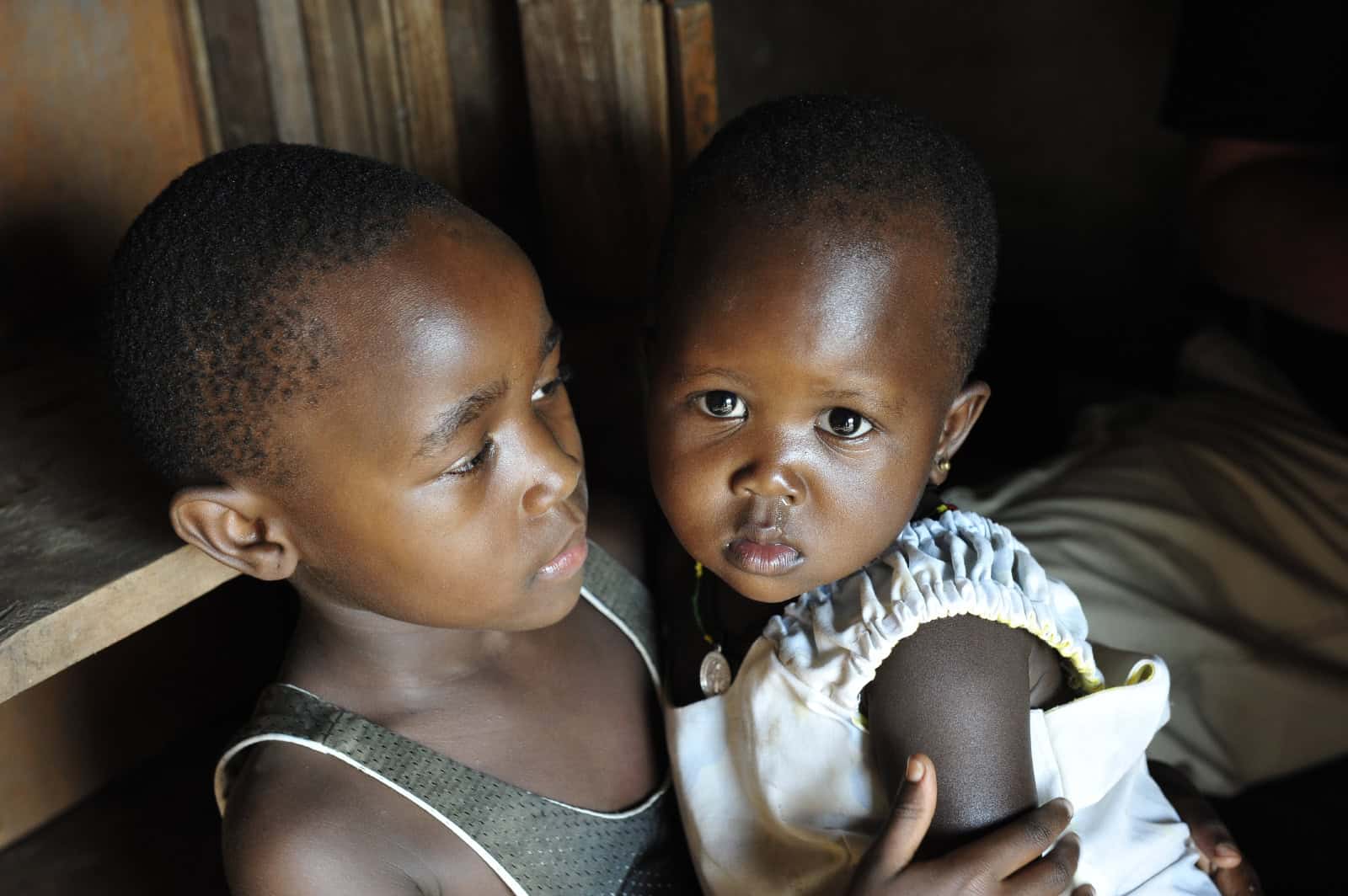
- Years: 1960-1986
- Estimated Death Toll: 100,000-500,000
- Issues: A prolonged conflict between the National Resistance Army and the government. After a coup overthrew the government, the NRA attacked the capital and won the war, making its leader the country’s president.
24. Yugoslavia
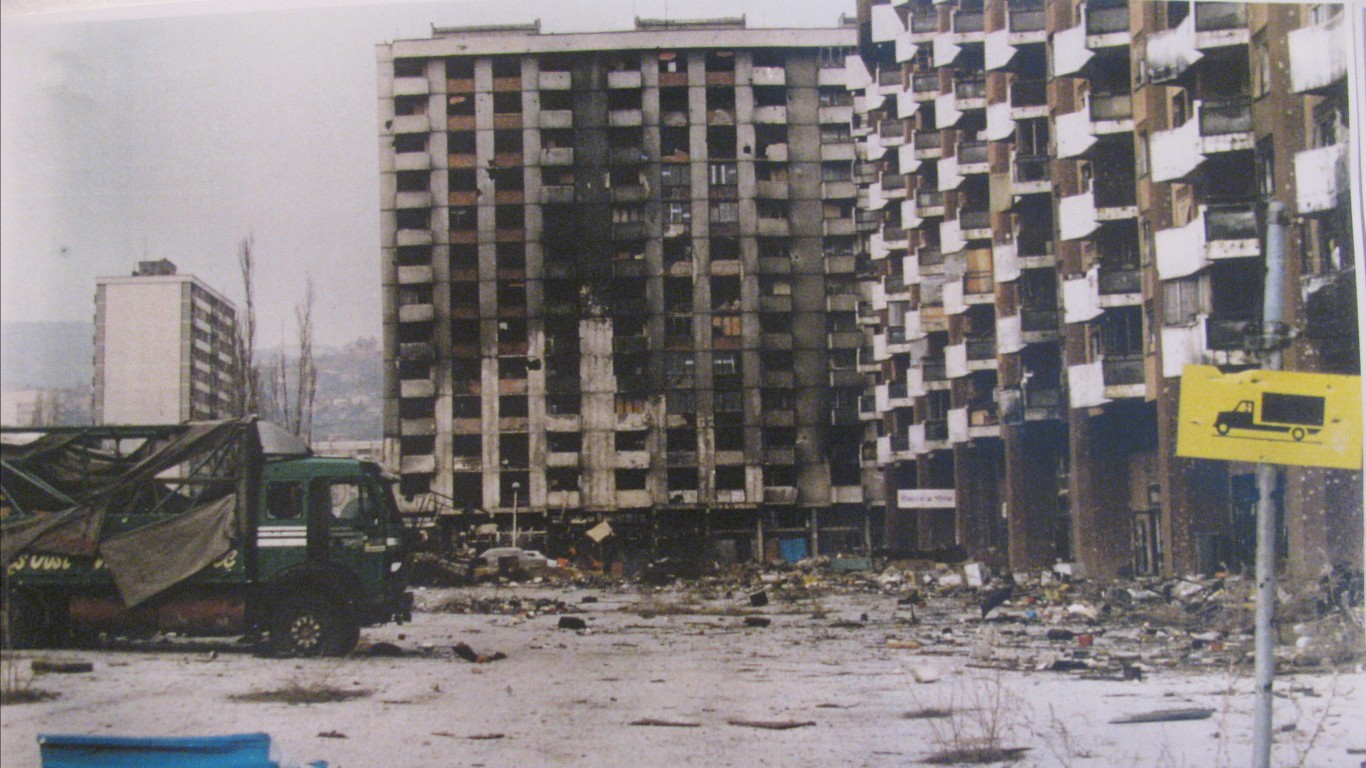
- Year: 1991-2001
- Estimated Death Toll: 140,000 (1991-1999)
- Issues: After the collapse of the communist government, Slovenia, Croatia, Bosnia & Herzegovina, North Macedonia, Montenegro, and Kosovo all became independent. The heaviest fighting to prevent regions from leaving took place in Bosnia, Croatia, and Kosovo.
23. Greece

- Years: 1946-1949
- Estimated Death Toll: 158,000
- Issues: After World War II, leftist rebels fought to establish a socialist government. This was one of the motivations for the United States to announce the Marshall Plan to help stabilize the countries of Europe in the postwar years.
22. Colombia
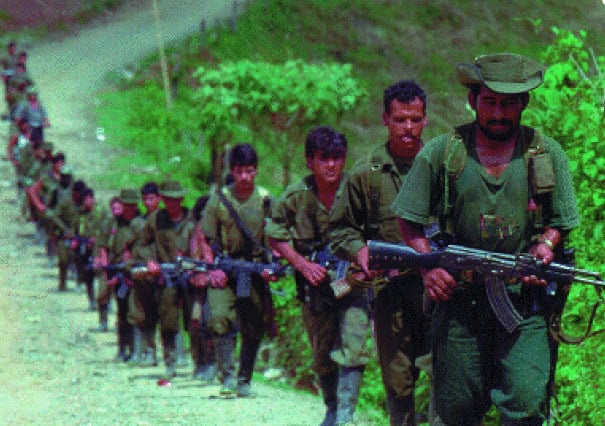
- Years: 1948-2016
- Estimated Death Toll: 220,000
- Issues: Colombia fought a variety of rebel groups and drug cartels for decades. A peace agreement with the FARC rebels in 2016 significantly improved the country’s security.
21. Liberia
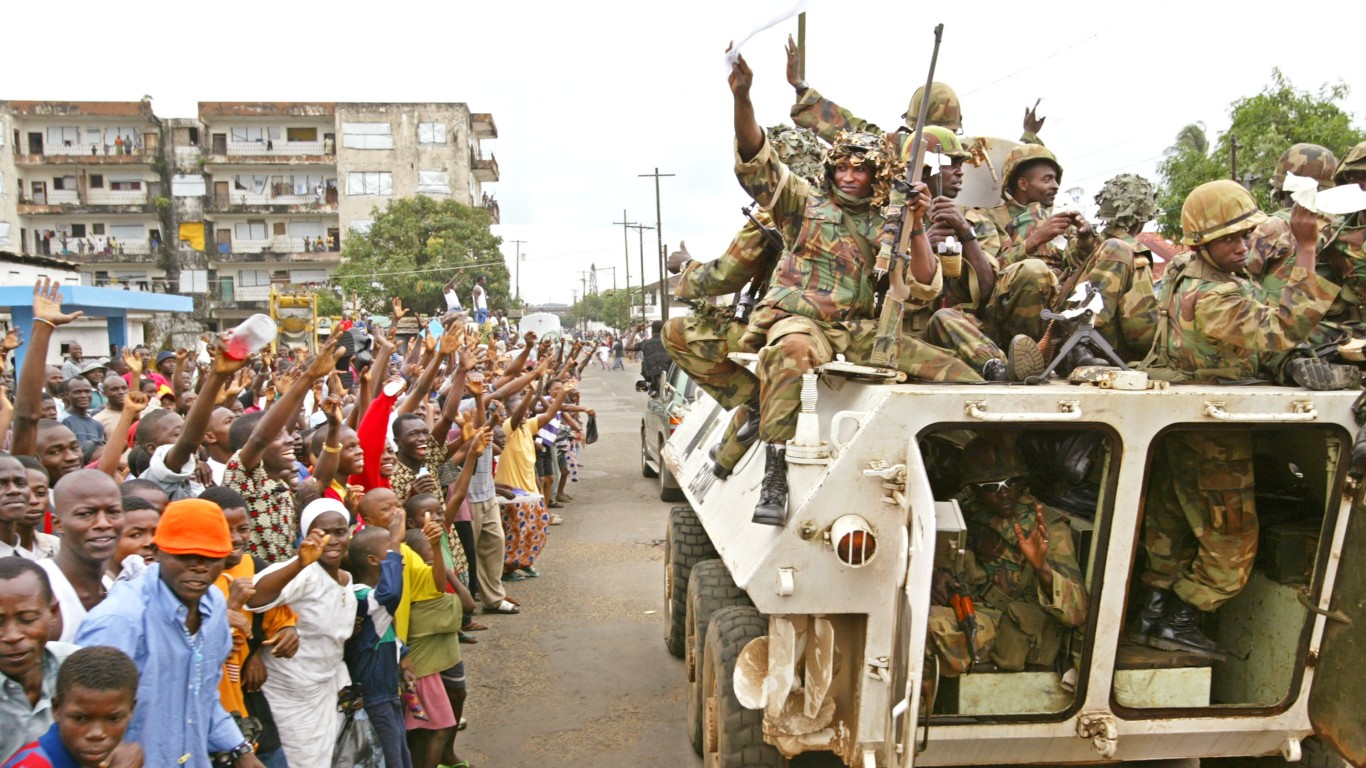
- Years: 1989-2003
- Estimated Death Toll: 250,000
- Issues: Liberia was founded by freed American slaves who brought their culture and lifestyle to Africa. This created great tension and conflict with local tribal people. Liberia has struggled to establish a stable government that can take care of the needs of its people, many of whom live in great poverty.
20. Yemen
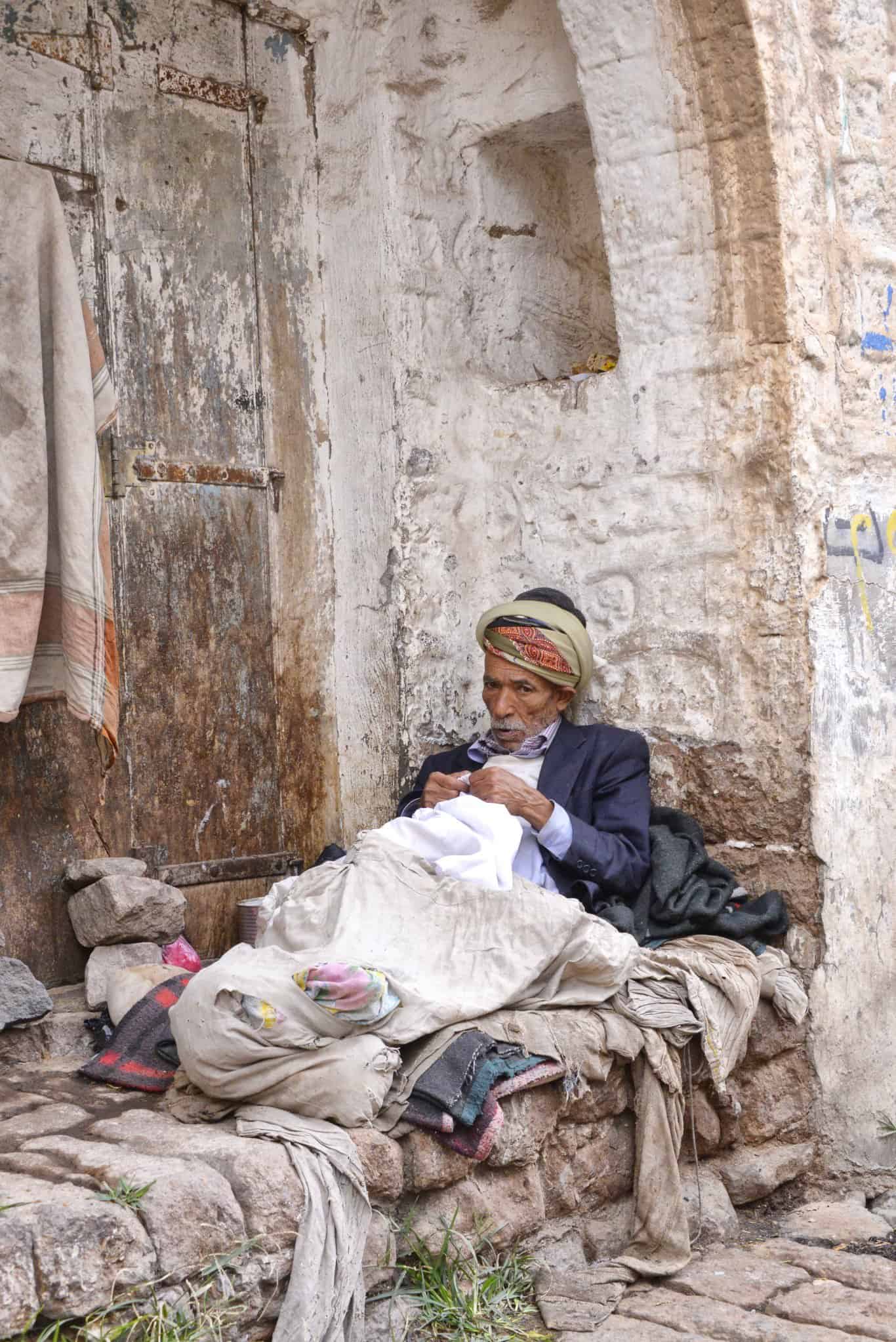
- Years: 2014-present
- Estimated Death Toll: Over 250,000
- Issues: Yemen was divided into two countries during the Cold War but reunited with the collapse of communism in 1990. Iran has sponsored rebel groups in the country to create a power base at the southern end of the Arabian peninsula and outflank its rival Saudi Arabia.
19. Pakistan
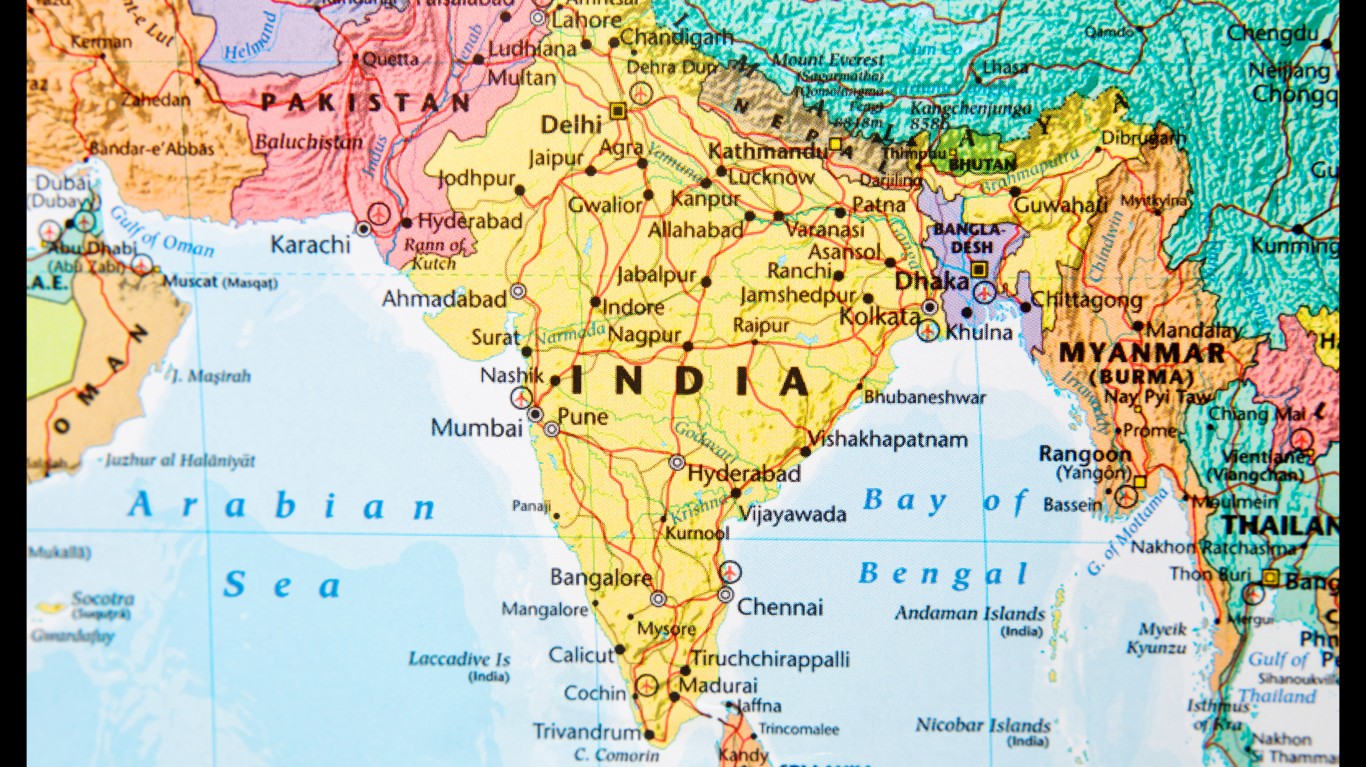
- Years: 1971
- Estimated Death Toll: 300,000-3 million
- Issues: Pakistan was created by the British as a Muslim homeland in the Indian subcontinent. Upon independence, it controlled not only the modern territory of Pakistan, but what is today Bangladesh as well, then known as East Pakistan. Long ignored and treated as second-class by the country’s leadership, East Pakistan fought a war for independence in 1971, assisted by India.
18. Nigeria
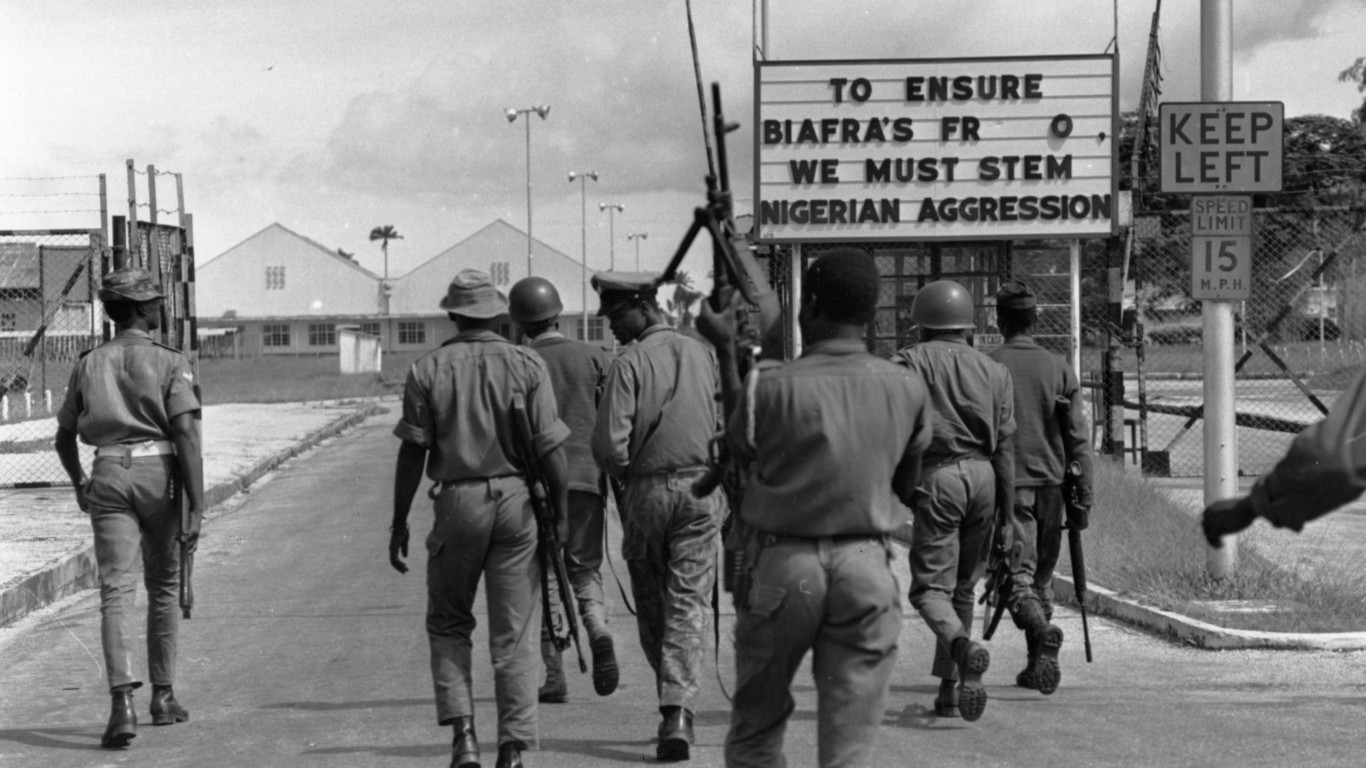
- Years: 1967-1970
- Estimated Death toll: 500,000-3 million
- Issues: The state of Biafra, predominantly populated by the Igbo ethnic group, tried to secede and form its own country.
17. Iraq
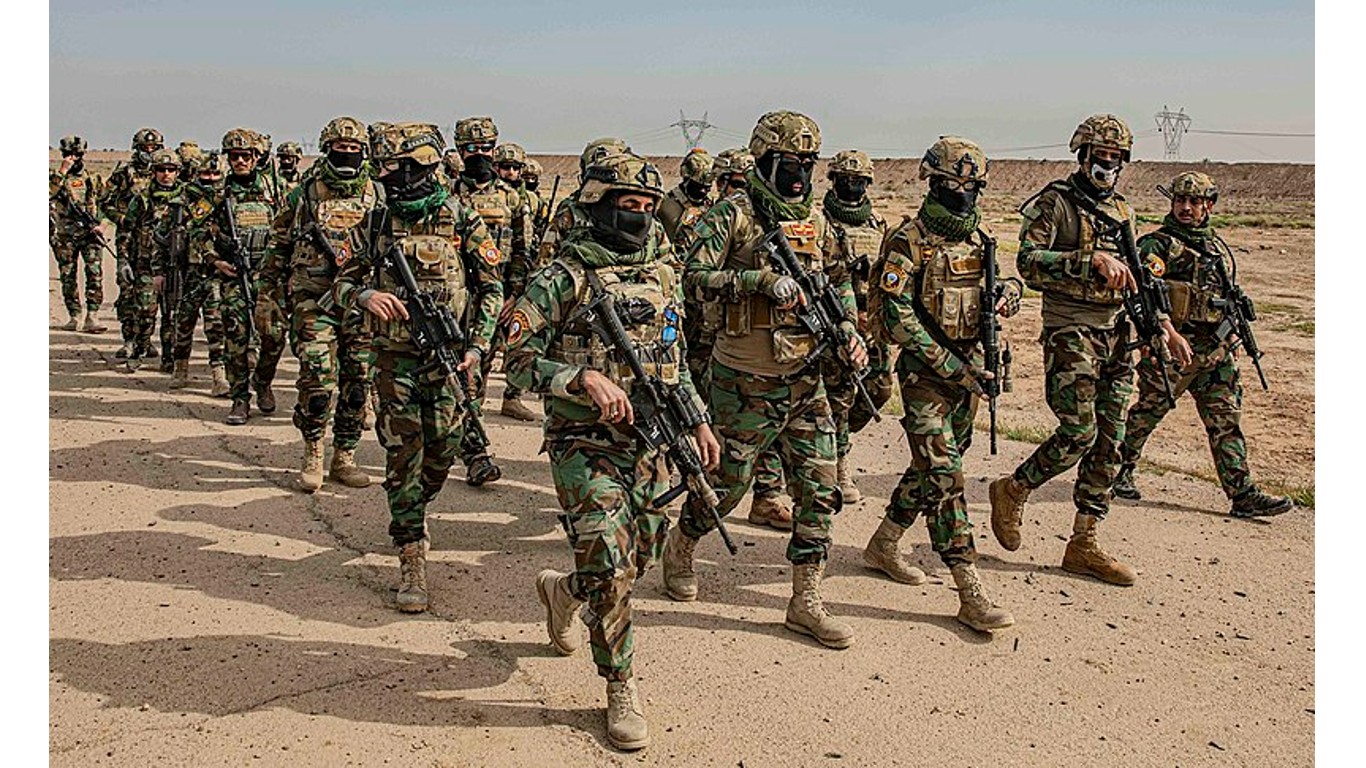
- Years: 2003-2008
- Estimated Death toll: 500,000-1 million
- Issues: Sectarian violence broke out after the United States overthrew the Iraqi government. The U.S. decided to surge the number of its troops to put down the fighting before withdrawing them from the country. This did not completely solve the problem, but succeeded in making the country more stable than it was before.
16. Spain

- Years: 1936-1939
- Estimated Death Toll: 500,000
- Issues: Francisco Franco led a fascist movement to take over Spain in the years just before World War II. Germany and Italy supported him, while the Western allies supported the Spanish republican forces. Franco won and managed to stay in power as a dictator until 1975.
15. Angola
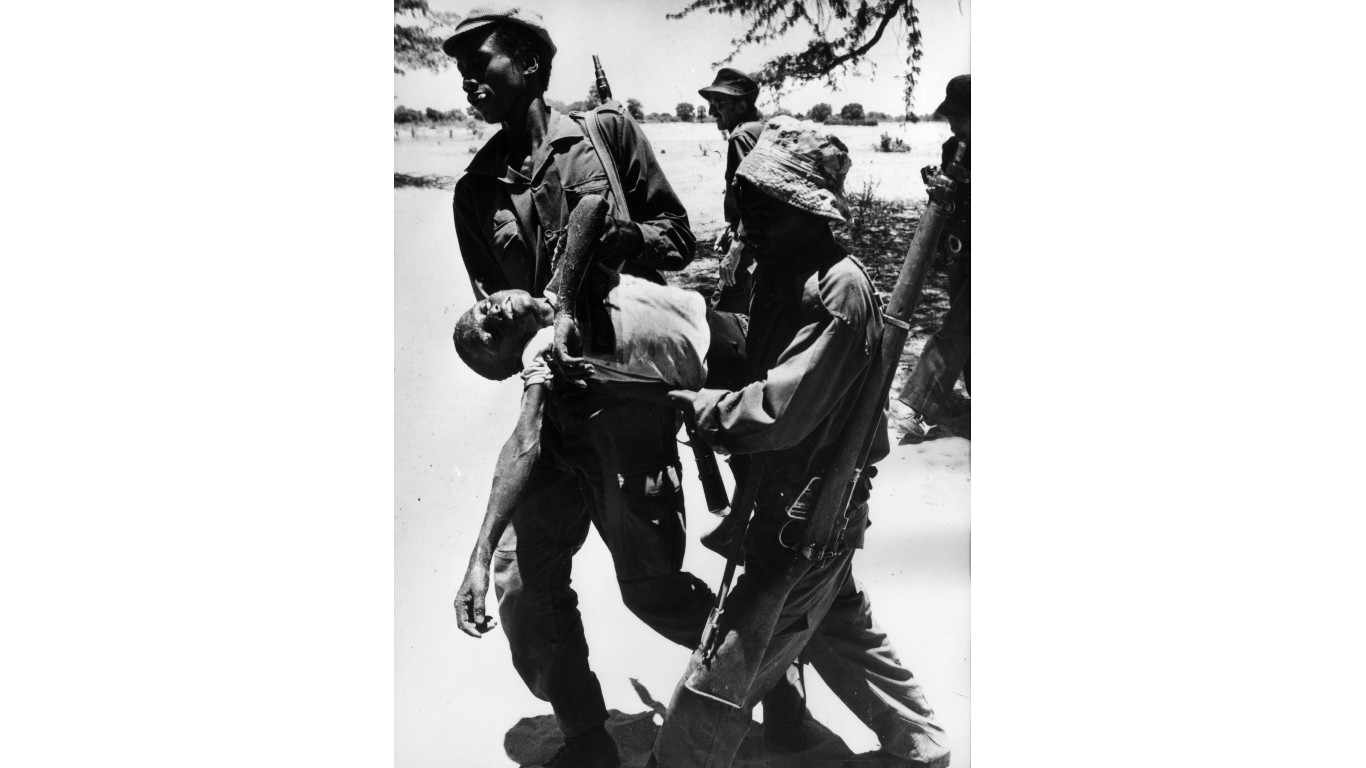
- Years: 1975-2002
- Estimated Death Toll: 500,000
- Issues: Angola was a Portuguese colony that feel apart into civil war after its independence. Military interventions by Cuba and South Africa made the conflict even more destructive.
14. Rwanda

- Years: 1990-1994
- Estimated Death Toll: 800,000
- Issues: The Hutu and Tutsi tribes, longstanding rivals, went to war against one another and carried out mass genocides of civilians. This was one of the most notorious humanitarian disasters in modern times.
13. Somalia
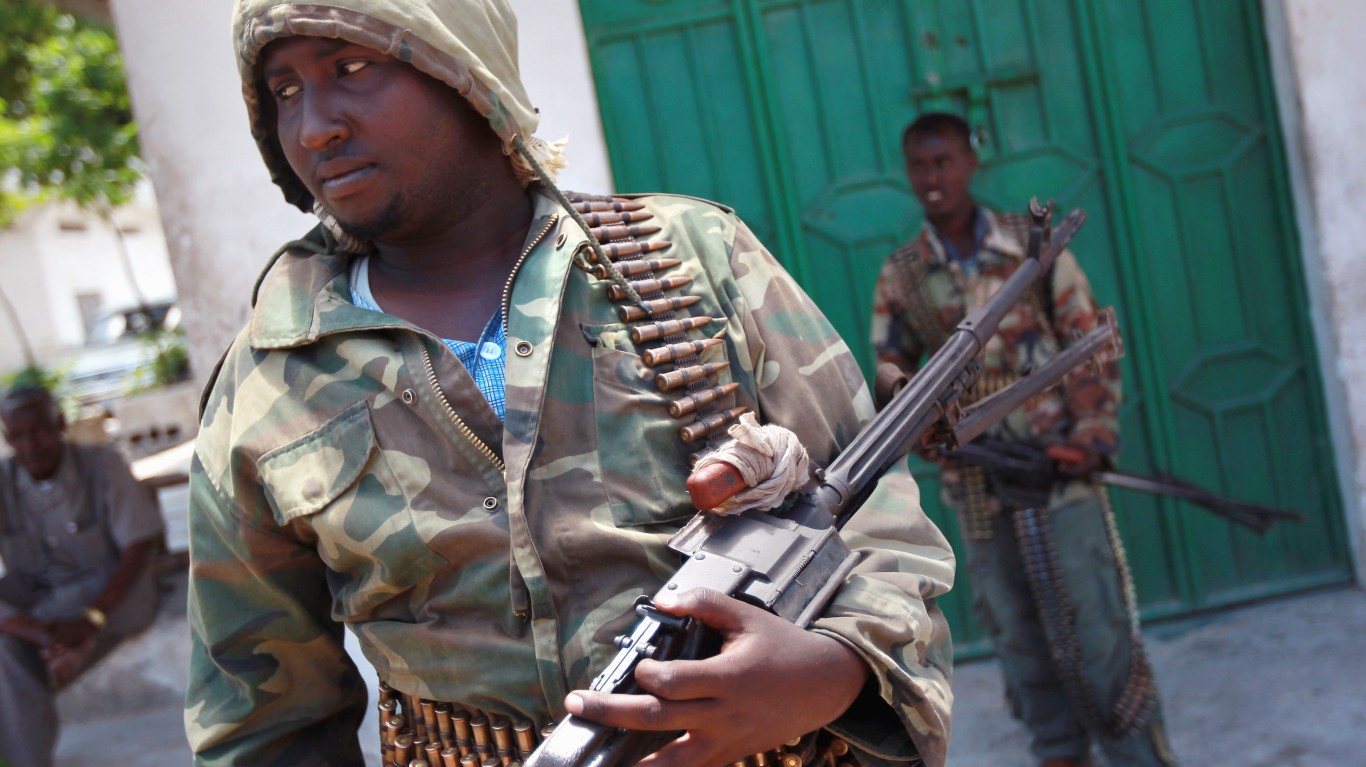
- Years: 1991-present
- Estimated Death Toll: 500,000
- Issues: The weak central government collapsed and the country broke up into regions ruled by local warlords. The United States tried to intervene, but was unsuccessful and decided Somalia was not sufficiently in America’s interests to get involved in. Piracy, human trafficking, and terrorism are major problems in this disorganized country.
12. Burundi
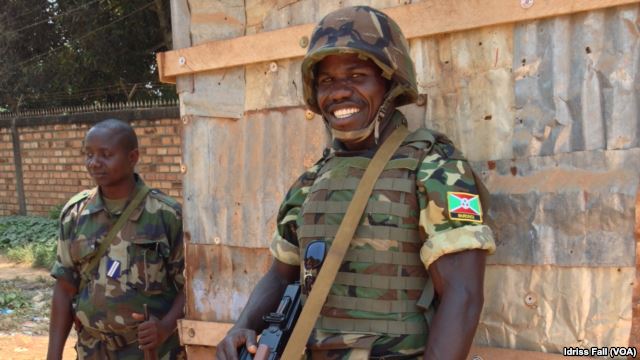
- Years: 1993-2005
- Estimated Death Toll: 300,000
- Issues: Longstanding rivalry between the Hutu and Tutsi tribes broke out into a full-scale civil war with the most extreme violence and severe disruption of necessary supplies and services to the people.
11. Syria
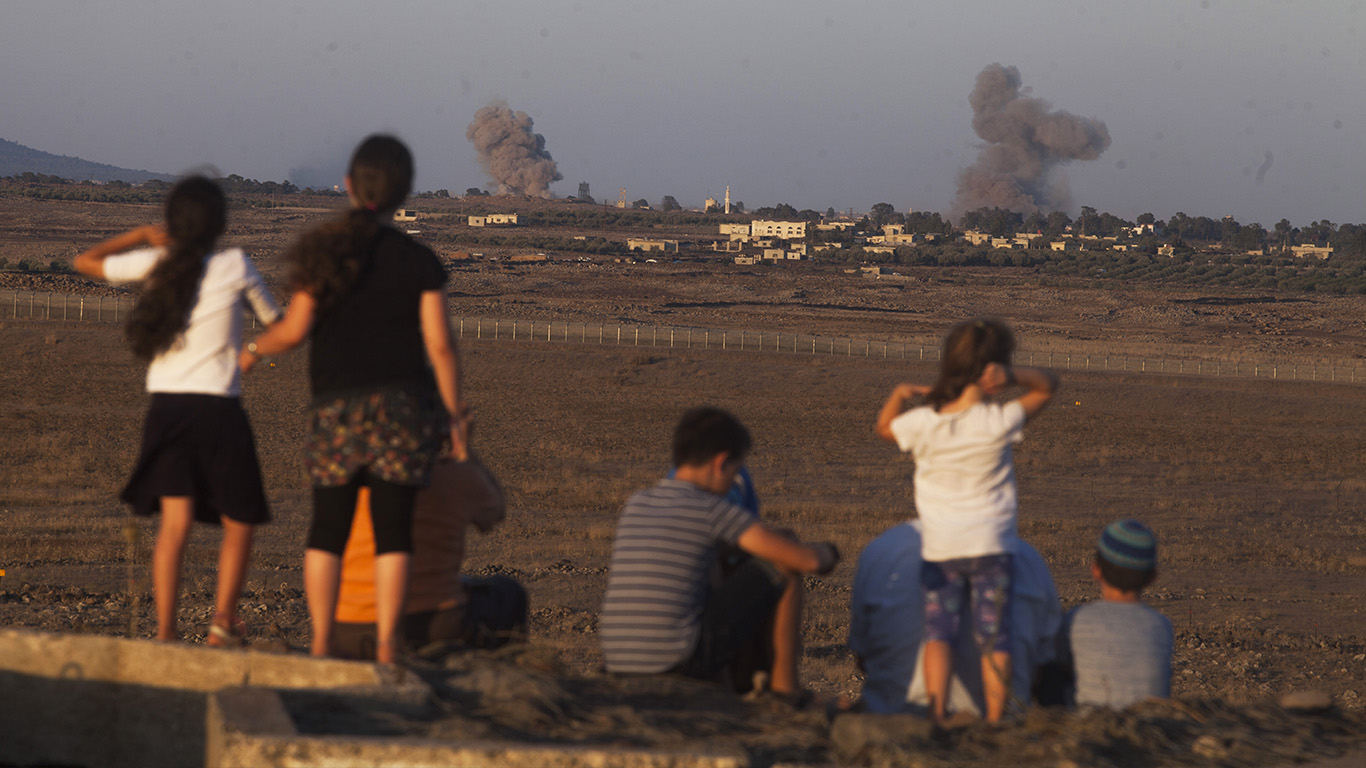
- Years: 2011-present
- Estimated Death Toll: 500,000
- Issues: The Arab Spring was a pan-Arab protest movement against socially and politically repressive governments across the Arab World. In some countries it led to considerable political reform, but in the case of Syria, it touched off a war that involved numerous regional powers and great powers from around the world, including the United States and Russia. The war displaced millions of people, some of whom tried to cross the Sea in inadequate boats and drowned.
10. Central African Republic

- Years: 2013-present
- Estimated Death Toll: 600,000
- Issues: A variety of armed groups with varying motivations has ravaged this unstable former French colony. The situation has still not been resolved and travel to the Central African Republic is not advised.
9. Mozambique
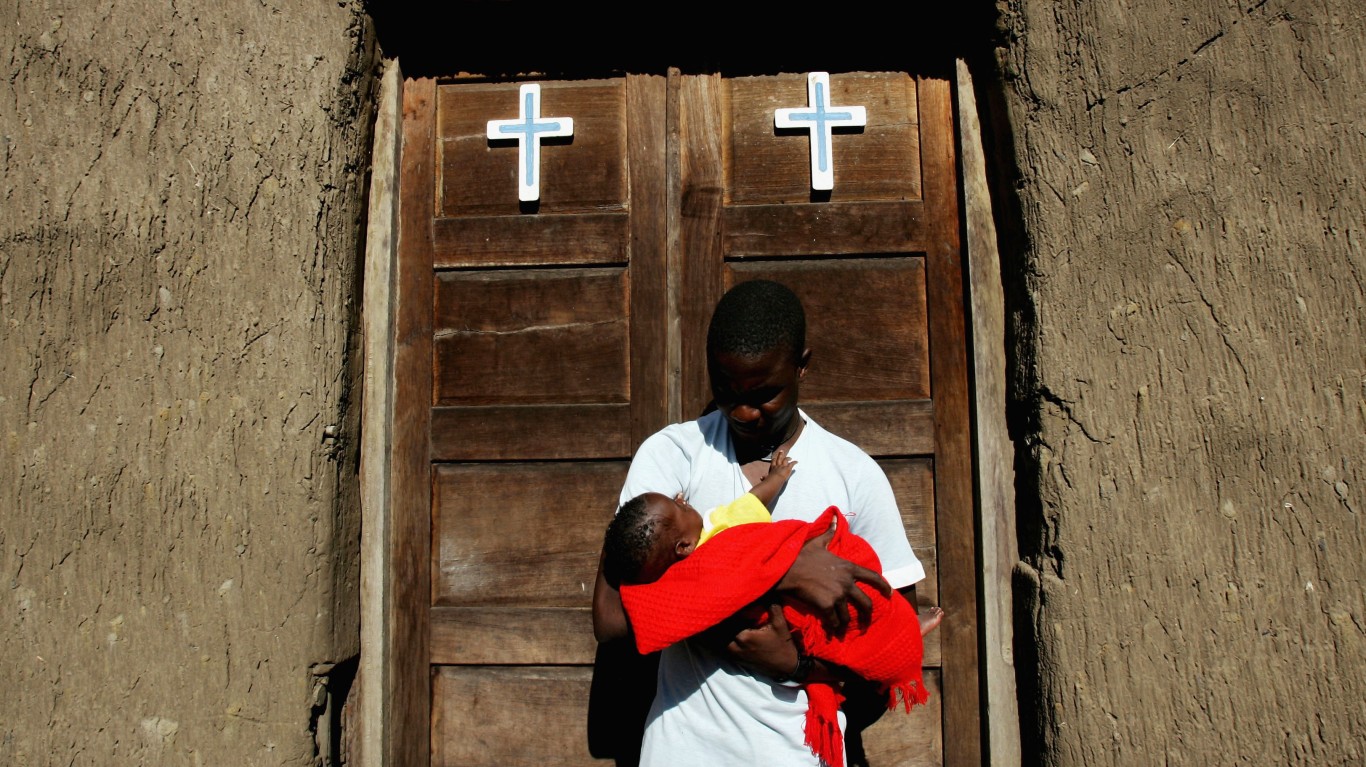
- Years: 1977-1992
- Estimated Death Toll: 1 million
- Issues: Mozambique was a former Portuguese colony that was unstable after its independence. After years of fighting, the government was able to stay in power and the main opposition group became a political party rather than a rebel faction.
8. Ethiopia
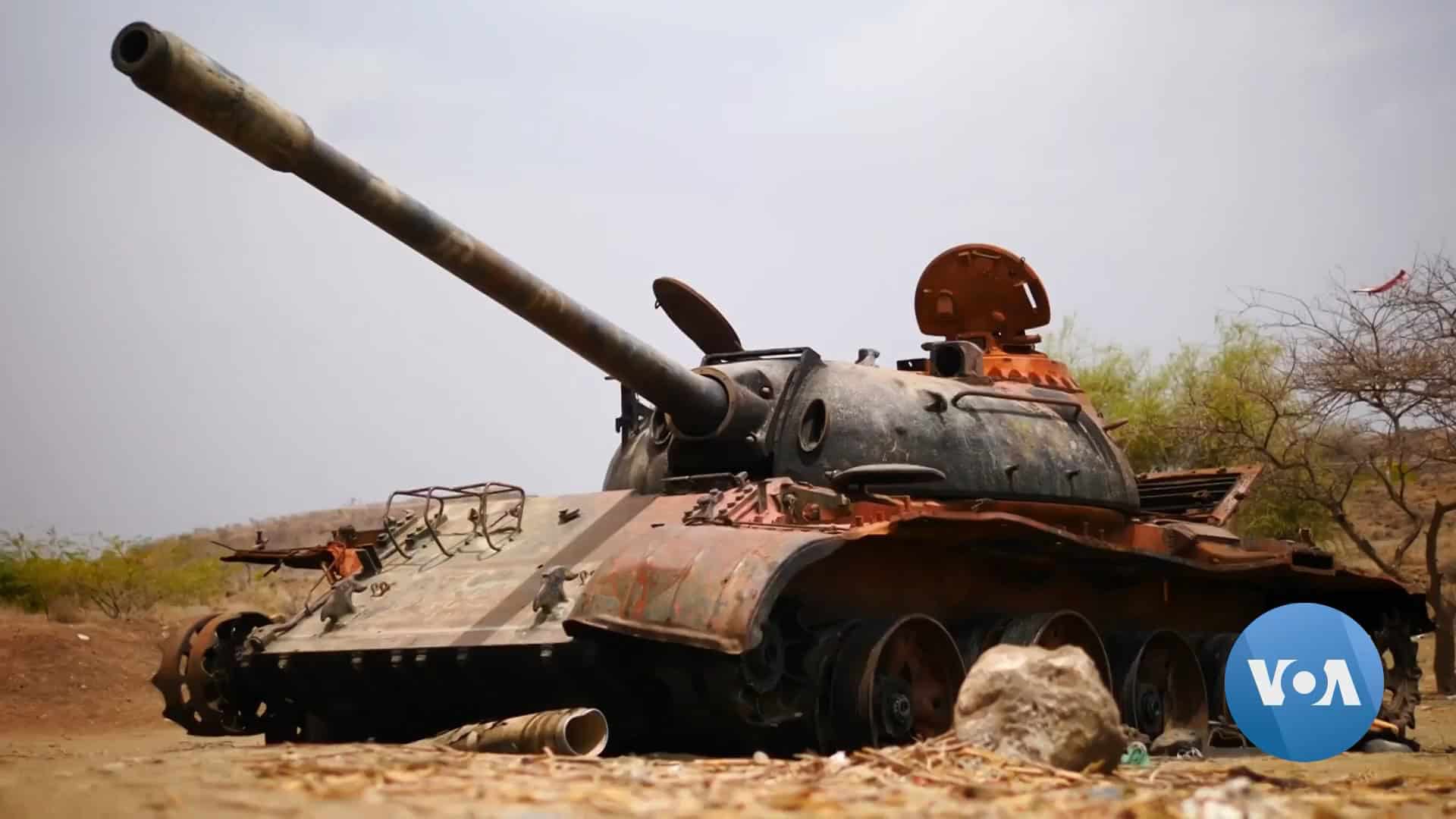
- Years: 1974-1991, 2020-present
- Estimated Death Toll: 1-2 million
- Issues: Eritrea fought for decades before finally getting its independence from Ethiopia. More recently, the goverment has fought intensely with rebels in the Tigray region.
7. Mexico

- Years: 1910-1920
- Estimated Death Toll: 1-2 million
- Issues: Mexico was under a dictatorship. Large numbers of people rebelled against the government to remove him from power and put social reforms in place.
6. China
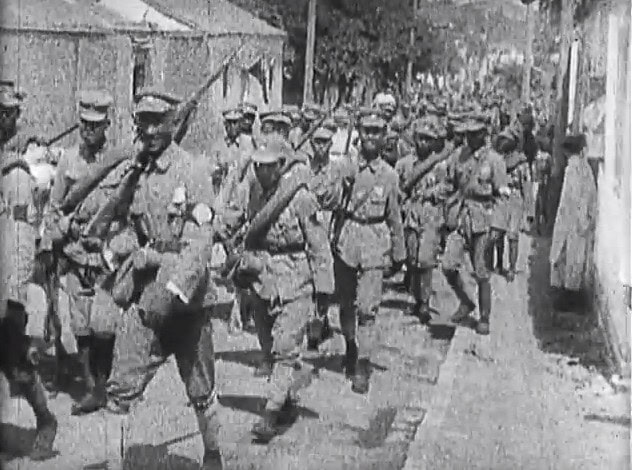
- Years: 1927-1950
- Estimated Death Toll: 1.2-2.5 million
- Issues: The Chinese government fought communist rebels for decades but the two sides suspended their fight during World War II to combine their efforts against the invading Japanese. After the war, the communists took over the mainland and the nationalists evacuated to the island of Taiwan. This conflict has never been settled and could lead to a major war involving the United States in the future.
5. Vietnam

- Years: 1955-1975
- Estimated Death Toll: 1.3-3.9 million
- Issues: Vietnam was part of the colony of French Indochina and fought to get independence from France. Communists took over the north and nationalists the south. The Soviet Union and the United States armed opposite sides of the conflict, and the U.S. ended up getting fully engaged in the war with hundreds of thousands of troops, ultimately giving up in 1975.
4. Sudan
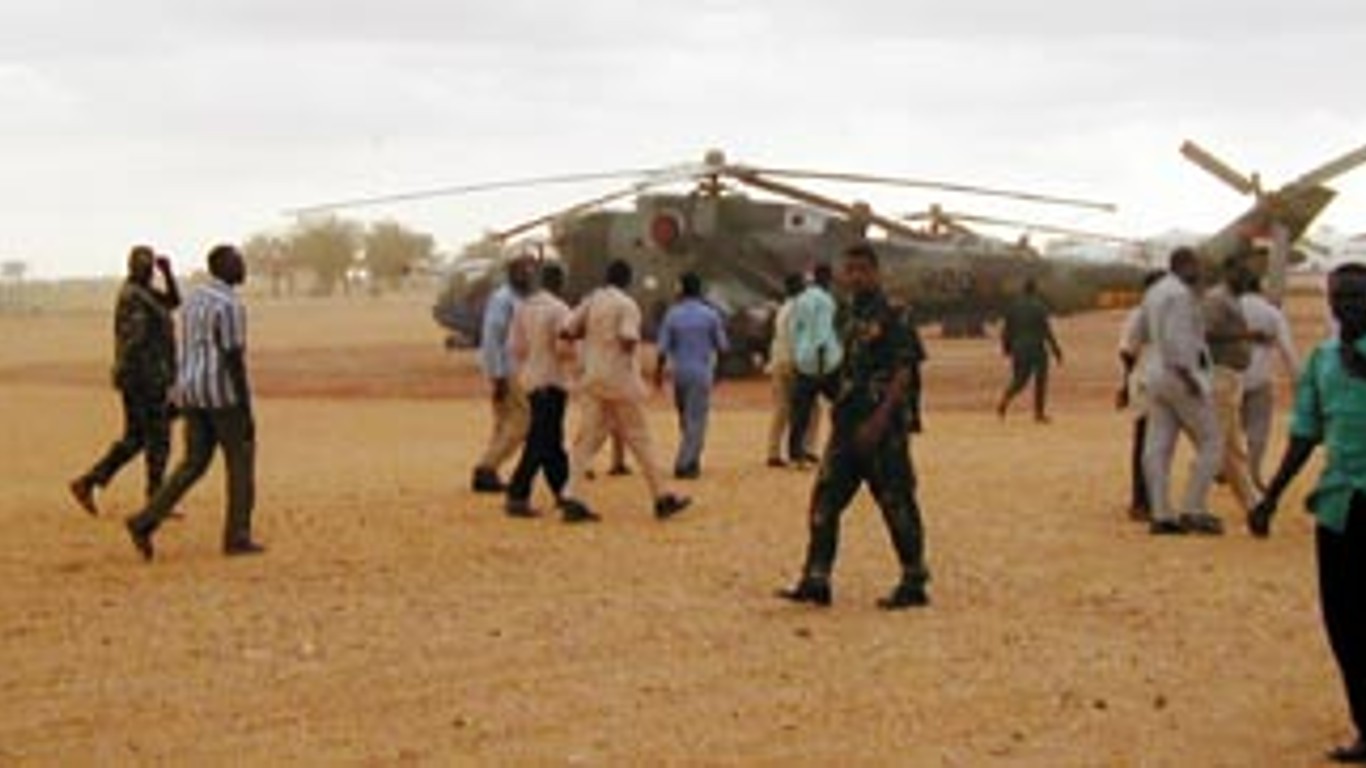
- Years: 1955-72, 1983-present
- Estimated Death Toll: 500,000-2 million
- Issues: Sudan’s Muslim government fought a civil war many years against the predominantly Christian south, which finally was able to attain independence. Since then, fighting has continued with other regions of Sudan that have cultural differences and have been underserved or abused by the government.
3. Korea
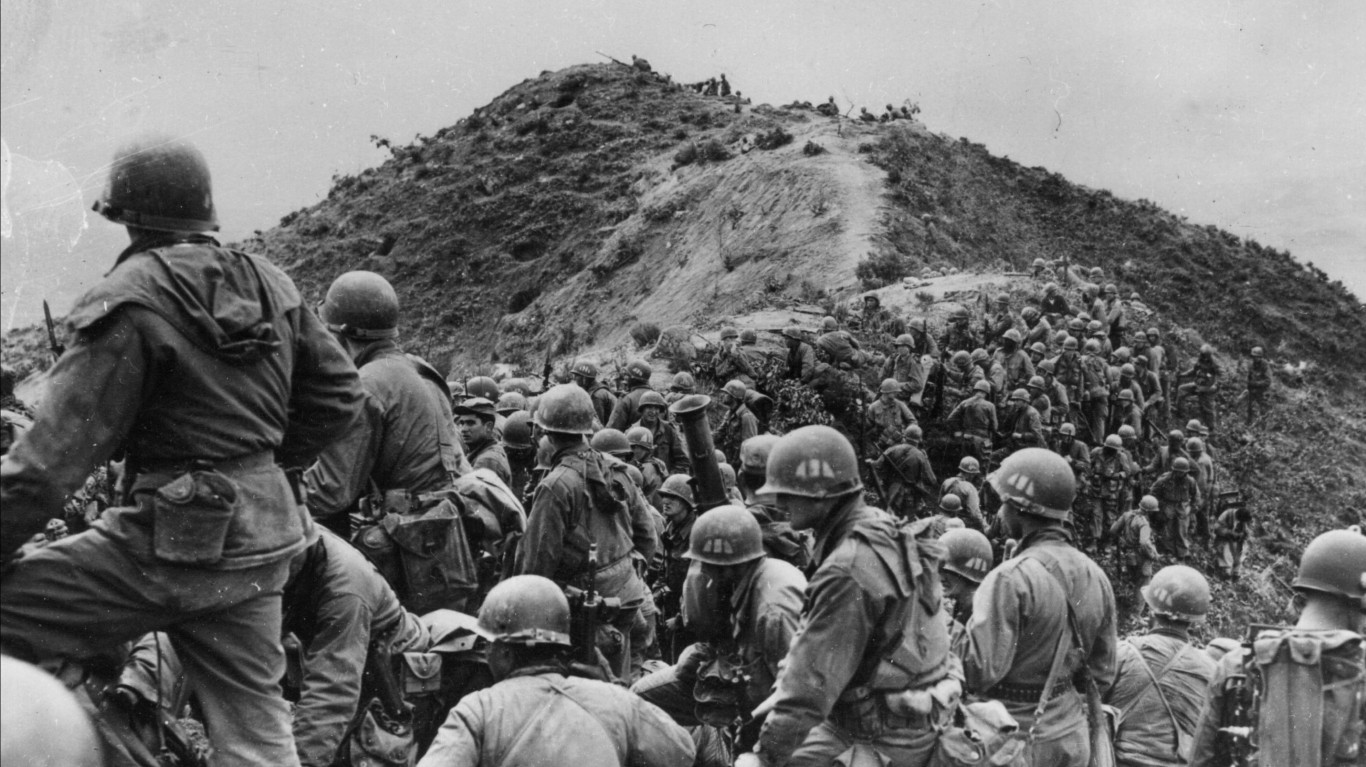
- Years: 1950-53
- Estimated Death Toll: 3 million
- Issues: Korea had been divided into occupation zones, with the Soviet Union taking the North and establishing a communist government there. North Korea invaded western-allied South Korea in 1950, triggering a military response from teh United States its allies. The Chinese intervened on the northern side and the war ended in a stalemate.
2. Democratic Republic of the Congo

- Years: 1996-2003
- Estimated Death Toll: 3 million – 5 million
- Issues: Congo’s civil war drew in other African countries. Some foreign missionaries and other humanitarian aid workers were killed. The intense violence of the conflict was compounded by disease and famine.
1. Russia
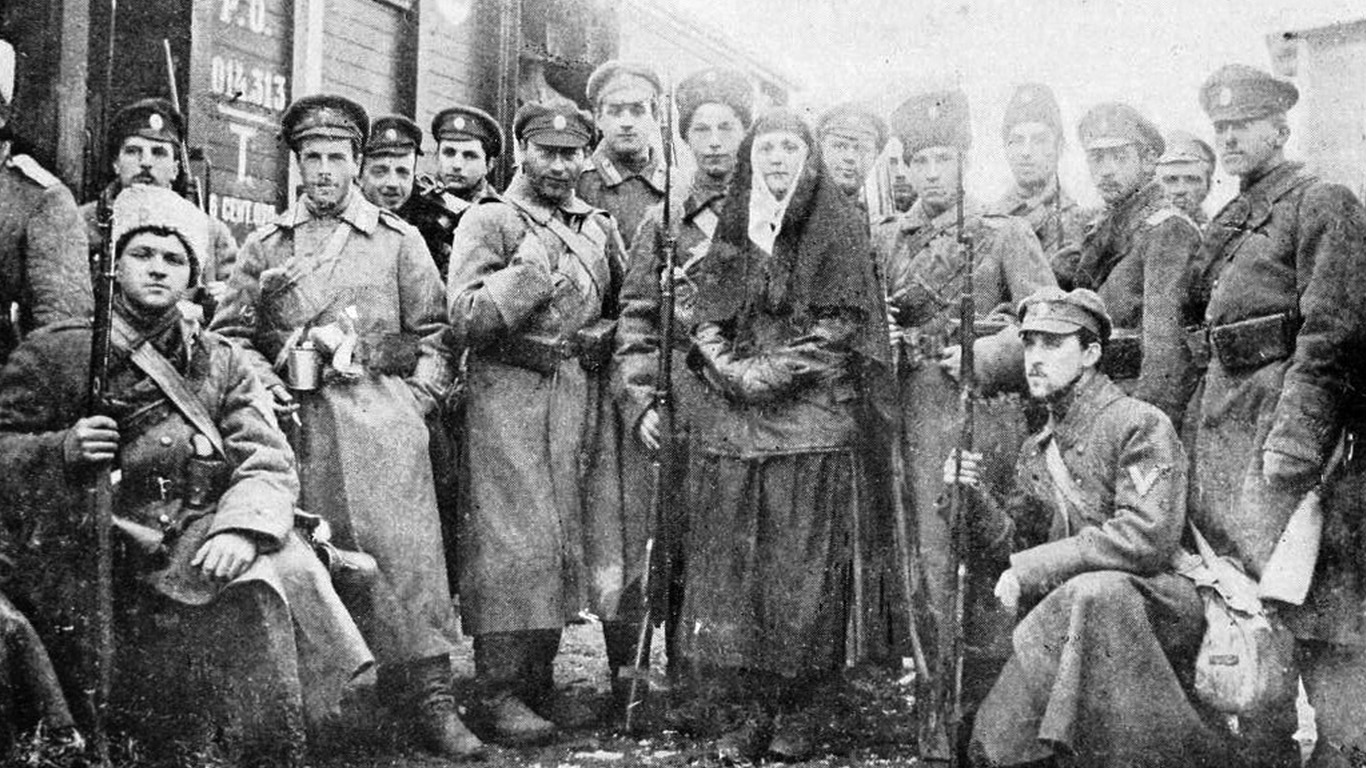
- Years: 1917-1922
- Estimated Death Toll: 7 million – 12 million
- Issues: The Bolsheviks took control of the Russian government. Various factions fought against them, with the help of the United States and several European countries. Nevertheless, Bolsheviks stayed in power and organized a communist government in Russia.
Take Charge of Your Retirement In Just A Few Minutes (Sponsor)
Retirement planning doesn’t have to feel overwhelming. The key is finding expert guidance—and SmartAsset’s simple quiz makes it easier than ever for you to connect with a vetted financial advisor.
Here’s how it works:
- Answer a Few Simple Questions. Tell us a bit about your goals and preferences—it only takes a few minutes!
- Get Matched with Vetted Advisors Our smart tool matches you with up to three pre-screened, vetted advisors who serve your area and are held to a fiduciary standard to act in your best interests. Click here to begin
- Choose Your Fit Review their profiles, schedule an introductory call (or meet in person), and select the advisor who feel is right for you.
Why wait? Start building the retirement you’ve always dreamed of. Click here to get started today!
Thank you for reading! Have some feedback for us?
Contact the 24/7 Wall St. editorial team.

